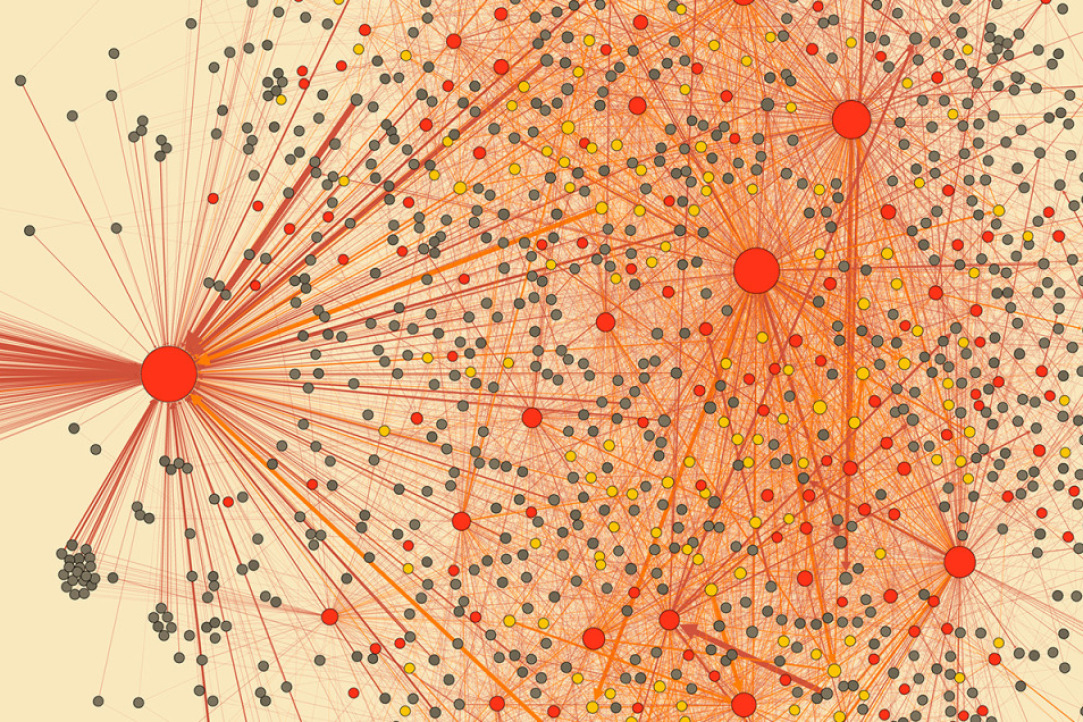
When Russian Teenagers Start Drinking
High school students intending to pursue vocational education consume alcohol more often than their peers who are planning to go to universities. These findings come from a survey of 1,000 Russian high school students that was carried out as part of a joint research project by scholars from HSE and New York University.

How Women Perpetuate Gender Stereotypes
In a conservative society, women as well as men tend to hold sexist attitudes towards other women, treating them with disrespect and criticising them either for being too feminine and sexual or for taking on traditionally 'male' roles. This type of gender bias assumes a limited range of 'female' roles in society. Misogyny and distrust of women's abilities can generate a fear of femininity, according to Olga Savinskaya and Elizaveta Zakharova's paper Using Mixed Methods to Study Internalised Misogyny among Millennial Women.
-%D0%BC%D1%83%D0%B6%D1%87%D0%B8%D0%BD%D0%B0%20%D0%BC%D0%BE%D0%B5%D1%82%20%D0%BF%D0%BE%D0%B4%20%D0%BA%D1%80%D0%BE%D0%B2%D0%B0%D1%82%D1%8C%D1%8E.jpg)
Who is the Head of the Household?
In Russia, self-estimates of time spent doing housework stand at five hours a day for women and slightly more than three hours a day for men.Men's involvement in household chores is relatively low, but Russian society finds this fair, according to Svetlana Biryukova, Alla Makarentseva and Ekaterina Tretyakova's study 'Perceptions of Time Spent on Housework among Men and Women'.

Social Scientists Reveal Structure of AIDS Denialist Online Communities
HSE researchers examined the structure of online communities of Russian AIDS denialists – people who deny the reality of HIV and AIDS – and the manner in which they spread their ideas. The findings are published in American Behavioral Scientist.

Decision-making Rules Least Susceptible to Manipulation, According to Science
HSE researchers have used computer modelling to demonstrate the varying manipulability of decision-making procedures and to identify those least susceptible to manipulation. Their findings are published in the paper 'Manipulability of Majority Relation-based Collective Decision Rules'.

How Corporate Values Affect Bank Profits
According to international studies, values can impact corporate performance and the bottom line either directly or indirectly. In the paper 'Corporate Values and Profits of Commercial Banks: Correlation with Profits', Elena Prosvirkina and Nikolai Prosvirkin have examined the corporate values commonly declared by Russian banks and found that the widely held values of customer focus and efficiency can bring competitive advantage, but do not impact financial performance directly.
-%D0%B7%D0%B0%D0%B2%D0%BE%D0%B4%20%D0%B8%D0%BD%D0%BD%D0%BE%D0%B2%D0%B0%D1%86%D0%B8%D0%B8.jpg)
Russia’s Innovation Powerhouses
HSE released its fifth Russian Regional Innovation Ranking, based on the 2015 findings, at a press conference hosted by TASS. Almost half Russia’s regions are relatively stable in terms of innovative development: their positions in the ranking have not changed significantly.
-%D1%80%D0%B0%D0%B1%D0%BE%D1%82%D0%BD%D0%B8%D1%86%D1%8B%20%D0%BE%D1%84%D0%B8%D1%81%D0%B0%20%D0%B2%20%D1%80%D1%8F%D0%B4.jpg)
Graduate Salary Expectations in Russia
Students of engineering and economics, undergraduates of state universities, high performers, young people from wealthier families, and those working part-time while at university tend to expect higher salaries upon graduation.

Altruism Is Changing Western Society
Altruism based on individual values is changing Western society. People in Western countries have seen a rise in individualism for quite some time, and this in turn helps to create generations of people with altruistic mindsets. Christian Welzel, Chief Research Fellow in the Laboratory for Comparative Social Research (HSE and Leuphana University of Lüneburg), teamed up with researchers from the University of Lausanne to conduct a study showing the connection between emancipative values and prosocial behaviour. The results of the study were published in the Journal of Cross-Cultural Psychology.
-%D1%85%D0%B8%D0%BF%D1%81%D1%82%D0%B5%D1%80-%D0%BA%D0%B5%D0%B4%D1%8B%20%D0%BD%D0%B0%20%D1%82%D1%80%D0%B0%D0%B2%D0%B5-pixabay.jpg)
A View from the Outside: Hipster and the City
In their study Hipsters in Russian Capital and Provinces: Legitimation of Social Phenomenon, Leda Skobeleva and Maria Plotnikova use responses from young people interviewed in Moscow and Nizhny Novgorod to construct the profile of a hipster. According to respondents in both cities, being a hipster is a fashion rather than a subculture or socio-political movement. Young people in Moscow and Nizhny Novgorod were also unanimous in describing typical hipster appearances and behaviour, such as preference for eco-fashion and organic food, as well as a peculiar mixture of high-end brands and sloppy ‘bomzh-style’ clothes.


Submissions are open until October 13